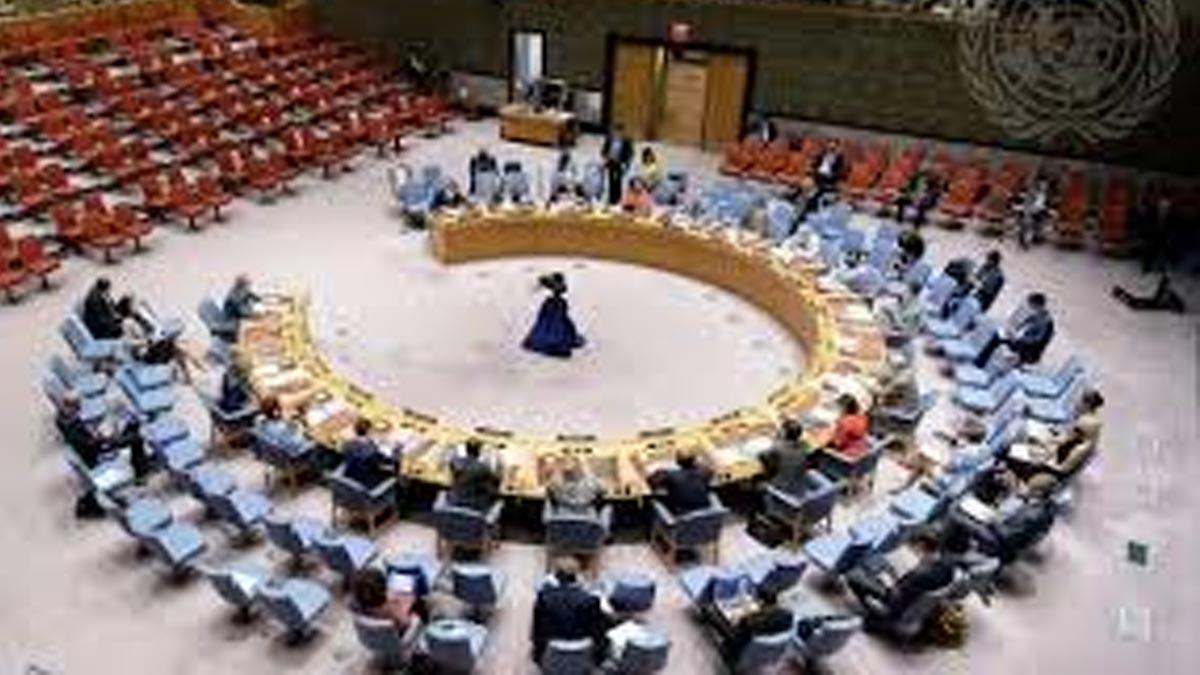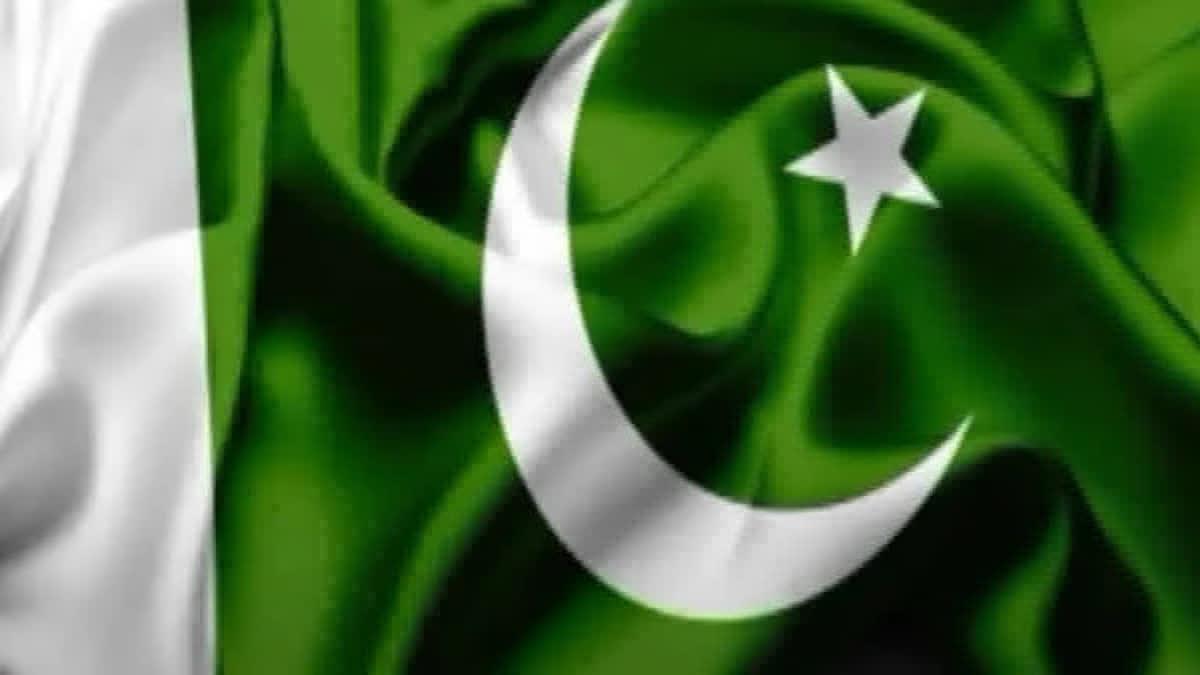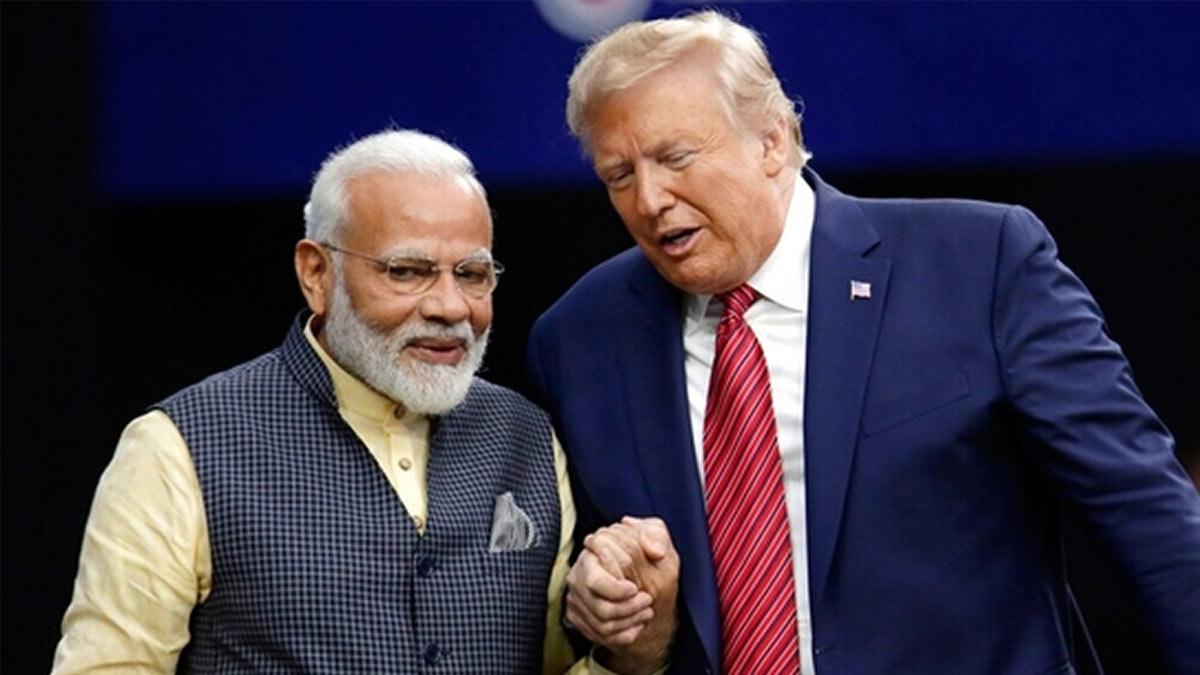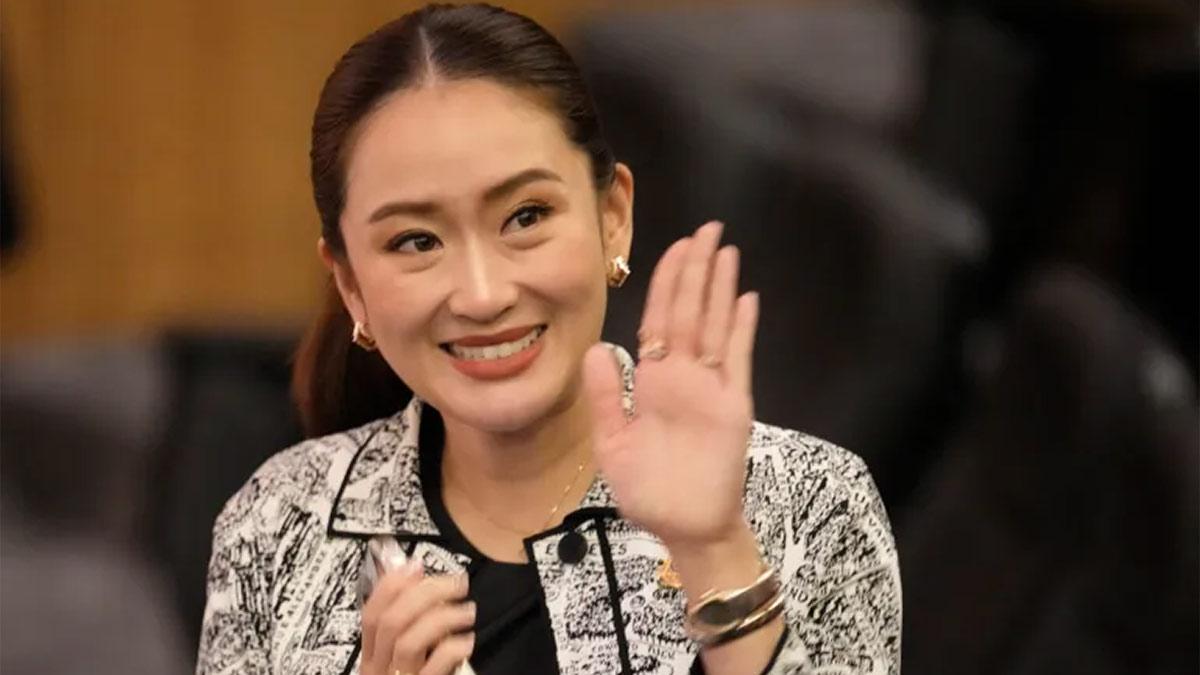The UN Security Council's terrorism committees are still without assigned chairs halfway through the year because Pakistan insisted in a strong stance on heading one or more of the three important panels.
Western Council member states have stood firm and resisted Pakistan's attempt to preside over any of these bodies — specifically the Counterterrorism Committee, the sanctions committee on al-Qaeda and associated terrorists, and the Taliban sanctions monitoring panel, diplomatic sources said.
Pakistan's critics, however, say Islamabad poses a conflict of interest since it has terrorist outfits like Lashkar-e-Taiba and Jaish-e-Mohammed, as well as their leadership, present in its country and maintains tense relations with the Taliban regime next door.
As most Council activities are conducted on a consensus basis, Pakistan — which is now an elected member — is using this provision to veto appointments of committee chairs.
These negotiations are conducted in informal backroom sessions.
Evangelos Sekeris, Greece's Permanent Representative and the Council President during last month, recognized the current stalemate regarding leadership in committees and stated that attempts are being made to draft a solution.
Without formal chairs, the rotating presidency of the Security Council acts temporarily as the heads of committees.
With no chairs selected yet, Pakistan will automatically assume chairmanship of these committees in July when it takes over the Council’s rotating presidency next month.
During India’s tenure on the Council from 2020 to 2022, it led the Counterterrorism Committee, with India’s Permanent Representative Ruchira Kamboj organizing meetings in Mumbai at the locations targeted in the 26/11 terror attacks carried out by Pakistan-based militants.
Sources said Pakistan's chance to lead the Counterterrorism Committee was rejected under the argument of India having led the panel beforehand.
The 1267 Committee is so called after a Council resolution. It monitors sanctions against al-Qaeda and Islamic State affiliates. This committee constitutes a clear conflict of interest for Pakistan since most sanctioned groups and individuals operate from within its territory.
For now, Pakistan demands to get at least the chairmanship of the 1988 Taliban Sanctions Committee — so called because it was created by 2011 resolution number — sources uncovered.
Despite its strained relationship with the Taliban, Pakistan believes it can use this leadership of the committee to impact Afghan affairs.
To occupy this position would enable Pakistan to press for either imposing or easing sanctions, leveraging the measures as leverage to squeeze the Taliban, which Islamabad blames for harboring anti-Pakistan militants.
Nonetheless, due to its complex relations with the Taliban, the prospects for Pakistan securing this chairmanship are still daunting.
Read also| Inside Ukraine’s Operation Spider Web: A Strategic Strike Against Russia
Read also| Trump Amplifies Fringe Theory Suggesting Biden Was Executed and Replaced by Clones


















